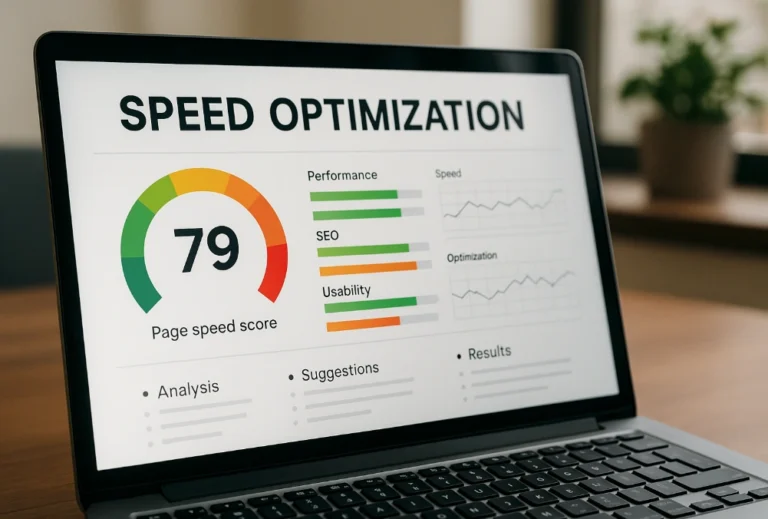Which advertising platform is better for your business: Facebook Ads or Google Ads? With so many options available, it can be challenging to choose the right platform to maximize your return on investment (ROI). This article breaks down the key differences between Facebook Ads and Google Ads, helping you decide which platform best aligns with your marketing goals.
What Are the Key Differences Between Facebook Ads and Google Ads?
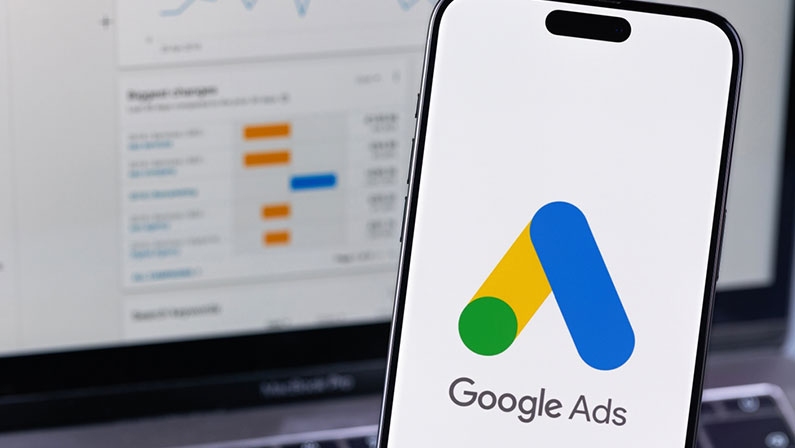
Have you ever googled, “google adwords or facebook ads” or “google vs. facebook ads?” Facebook Ads and Google Ads are two of the most popular digital advertising platforms, but they operate differently. Facebook Ads is a social media advertising platform that allows businesses to target users based on their interests, behaviors, and demographics. Google Ads, on the other hand, is a search engine advertising platform that targets users based on their search queries. Facebook Ads is more about discovery, while Google Ads is focused on capturing intent.
How Do Facebook Ads and Google Ads Target Audiences?
Audience targeting is where Facebook Ads and Google Ads differ significantly. Facebook Ads offers extensive targeting options based on user demographics, interests, behaviors, and connections. It allows advertisers to reach users based on their social media activities, making it ideal for businesses looking to create awareness and build brand loyalty. Google Ads targets users based on keywords they enter into the search engine, allowing businesses to capture potential customers at the moment they’re searching for specific products or services.
Which Platform Offers Better ROI: Facebook Ads or Google Ads?
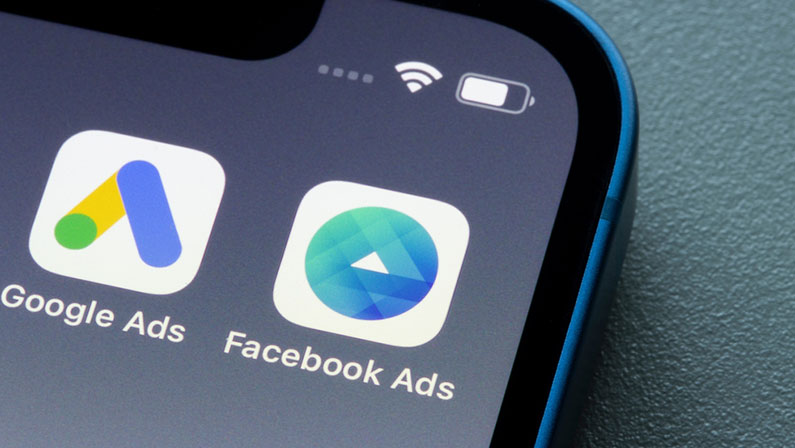
The return on investment (ROI) for Facebook advertising vs. Google advertising depends on your business goals and industry. Google Ads tends to offer higher ROI for businesses targeting high-intent customers, as these users are actively searching for products or services. Facebook Ads, however, can provide a higher ROI for businesses focused on brand awareness and customer engagement, as it allows for more creative and engaging ad formats that can capture user attention in a social environment.
How Do Ad Formats Differ Between Facebook Ads and Google Ads?
The ad formats available on Facebook Ads and Google Ads cater to different marketing strategies. Facebook Ads supports a wide range of ad formats, including image ads, video ads, carousel ads, and collection ads. These formats are designed to be visually engaging and interactive. Google Ads, on the other hand, primarily offers text-based ads that appear in search engine results, along with display ads, video ads (on YouTube), and shopping ads. While Facebook Ads allows for creative storytelling, Google Ads focuses more on delivering relevant information to users who are already searching for what you offer.
What Are the Strengths and Weaknesses of Facebook Ads?
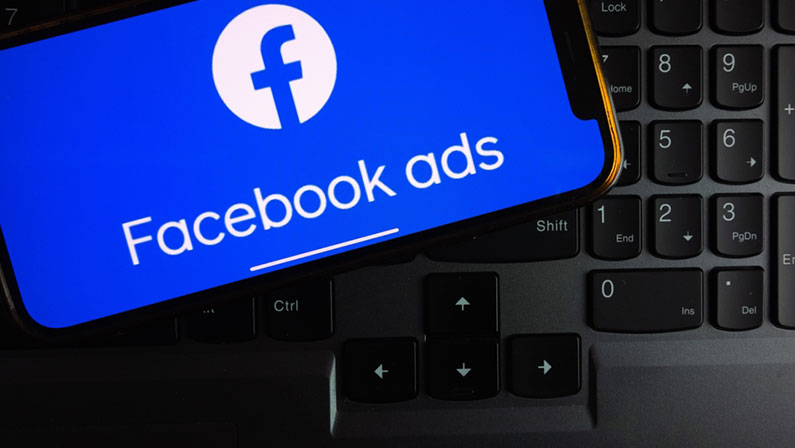
Facebook Ads excels in its ability to target highly specific audience segments, making it a powerful tool for brand awareness and engagement campaigns. Its strength lies in its diverse ad formats and the ability to create visually appealing ads that can be placed across Facebook, Instagram, Messenger, and Audience Network. However, a potential weakness of Facebook Ads is that it may not be as effective in capturing users with high purchase intent, compared to Google Ads.
What Are the Strengths and Weaknesses of Google Ads?
Google Ads’ greatest strength is its ability to target users who are actively searching for products or services, making it highly effective for capturing high-intent leads. Google Ads also offers a robust suite of tools for tracking and optimizing campaigns. However, its reliance on keyword targeting can be a limitation, as it requires thorough keyword research and management to ensure the ads are reaching the right audience. Additionally, Google Ads can be more expensive due to competitive bidding on popular keywords.
How Do You Decide Which Platform is Best for Your Business Goals?
Choosing between Facebook Ads and Google Ads depends on your specific business objectives. If your goal is to build brand awareness, engage with customers, or introduce a new product to the market, Facebook Ads may be the better choice. Conversely, if your focus is on capturing leads or driving conversions from users who are actively searching for your offerings, Google Ads might be more effective. Many businesses find success by using both platforms in tandem to cover different stages of the customer journey.
Can Facebook Ads and Google Ads Work Together?

Yes, Facebook Ads and Google Ads can work together to create a comprehensive marketing strategy. By leveraging the strengths of both platforms, businesses can engage users at different stages of the purchasing process. For example, you can use Google Ads to capture high-intent search traffic and then retarget those users on Facebook with visually engaging ads to reinforce your brand message. This multi-channel approach can lead to higher conversion rates and a more cohesive customer experience.
How Do Ad Costs Compare Between Facebook Ads and Google Ads?
Ad costs on Facebook Ads and Google Ads can vary widely based on factors such as industry, audience, and competition. Generally, Facebook Ads tend to have lower cost-per-click (CPC) rates than Google Ads, making it more cost-effective for businesses with limited budgets. However, Google Ads may offer a higher return on investment for certain industries where users are actively searching for specific products or services. It’s important to regularly monitor and adjust your budget on both platforms to ensure optimal performance.
What Are the Best Practices for Running Successful Campaigns on Facebook and Google?
To run successful campaigns on both Facebook Ads and Google Ads, it’s essential to understand your target audience and tailor your ad creative and messaging accordingly. On Facebook, leverage the platform’s rich audience data to create highly targeted ads, and experiment with different ad formats to see what resonates best with your audience. On Google Ads, focus on keyword research and ad relevance to ensure your ads are reaching users who are ready to convert. Regularly monitor your campaigns on both platforms and use A/B testing to optimize performance over time.
Conclusion: Leveraging Both Platforms for Maximum Impact
So Google ads vs. Facebook ads? Which is the better platform for you?
When it comes to Facebook Ads vs. Google Ads, the best approach often involves leveraging both platforms to achieve your marketing goals. By understanding the strengths and weaknesses of each, you can create a comprehensive strategy that engages your audience at different touchpoints and maximizes your return on investment. For businesses looking to navigate the complexities of digital advertising, partnering with a top digital marketing agency in Austin like LeadOrigin can provide the expertise and support needed to succeed through paid search ads or paid social ads. Learn more about how LeadOrigin can help you optimize your campaigns on both Facebook and Google by visiting them or booking a consultation today.
